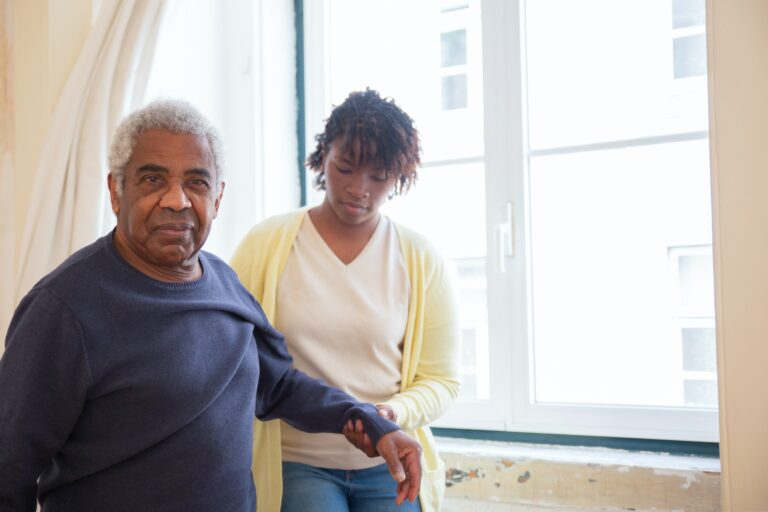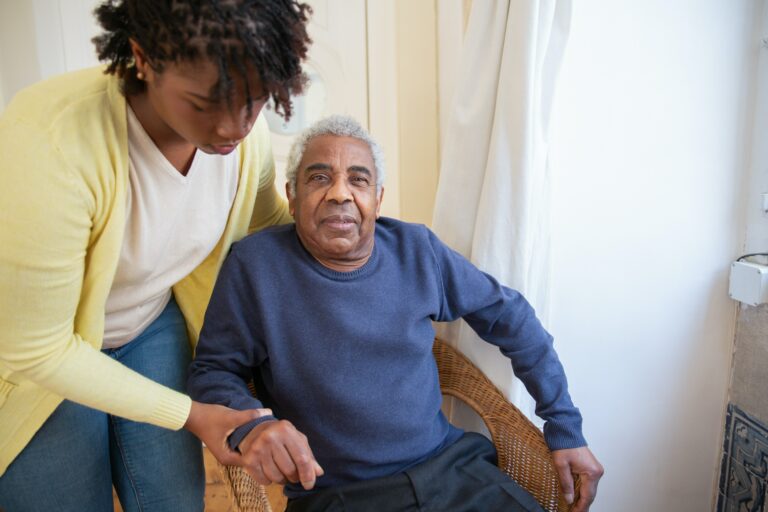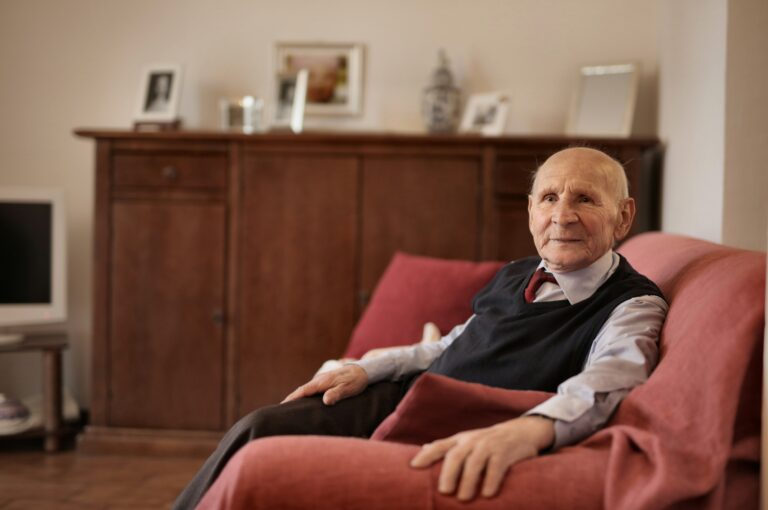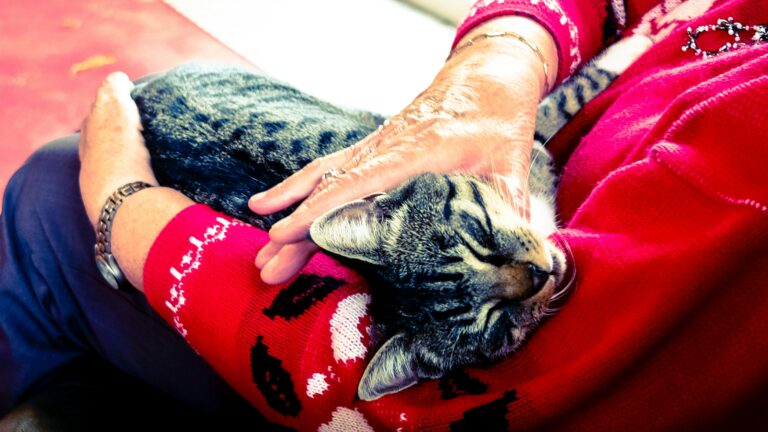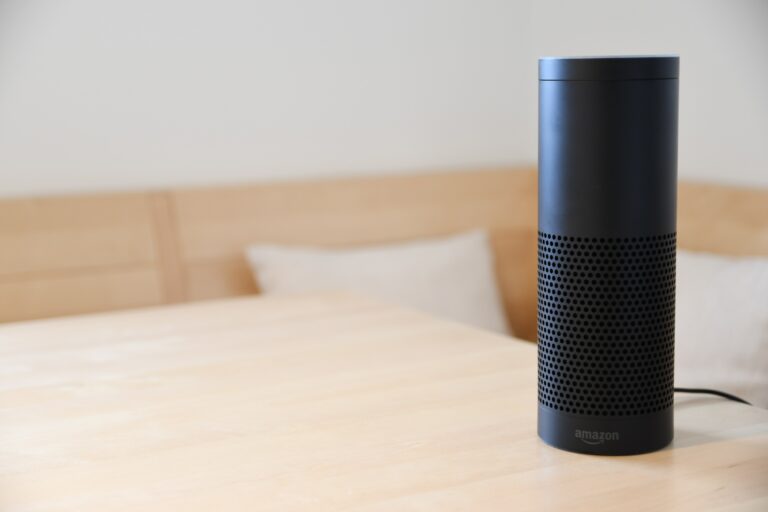
Can a Trust Be Created to Protect a Pet?
One of the goals of estate planning is to care for loved ones, particularly those who depend on us for care after we have passed on. Wills, trusts, life insurance and beneficiary designations are all used to provide support to people—but what about pets? There is something you can do to protect your furry companions, says a recent article from The Sentinel, “Elder Care: Estate planning for your furry friends.”
We love our pets, to the tune of $103.6 billion in expenditures in 2020, including everything from pet food, toys, bedding, veterinary care, grooming, training and even Renaissance style portraits of pets. Scientific studies have proven the emotional and physical advantages pet ownership confers, not to mention the unconditional love pets bring to the household. So why not protect your pets, as well as other family members?
Many people rely on informal agreements with good friends or family members to take care of Fluffy or Spice, if the owner dies or becomes sick to take care of their pet. Here’s the problem: these informal agreements are not binding. Even if you’ve left a certain sum of money to a person in your will and ask it to be used solely for the care and well-being of your pet, it’s not enforceable.
We know all things change. What if your chosen pet caretaker has a child or a new romance with someone with a deathly allergy to pet dander? Or if their pet, who always used to play well during your visits, won’t tolerate your beloved pet as a housemate?
The informal agreement won’t hold the person accountable, and the funds may be spent elsewhere.
A better option is to use a pet trust. These have been recognized in all fifty states as a lawful way to provide for your animal companion’s needs. A pet trust can be created to provide for your pet during your lifetime, as well as after you have passed, allowing for continuity of care if you become incapacitated and need someone else to have the resources and guidance to care for your pet.
A pet trust is a legal document, prepared by an estate planning attorney and usually includes financial accounts in the name of the trust. Note the pet does not own the trust (animals may not own property), nor do you as the creator of the trust (the grantor). The trust is a legal entity, managed by the trustee.
A few of the things you’ll need to consider before having a pet trust created:
Who is to be the pet’s guardian? Have more than one person in mind, in case the primary pet guardian cannot serve or changes their mind.
If all of your guardians end up unable or unwilling to serve, name a no-kill animal shelter or rescue organization to take your pet. They may require you to plan in advance to cover the cost of caring for your pet. Larger organizations may have a process for a charitable remainder trust (CRT) as part of this type of arrangement.
Give details about pet preferences. If they are AKC registered, use their formal name as well as their regular name. People often fail to use the correct name in legal documents, even for humans, which can lead to legal challenges.
Do you want the same person to serve as trustee, managing funds for the pet, as the guardian? This is a similar decision for naming a guardian for minor children. Sometimes the person who is wonderful with care, is not so skilled at handling finances.
Finally, include instructions about what should happen to the money left after the pet passes. It may be used as a thank you to the person who cared for your beloved companion, or a gift to an animal organization.
Reference: The Sentinel (Jan. 7, 2022) “Elder Care: Estate planning for your furry friends.”

